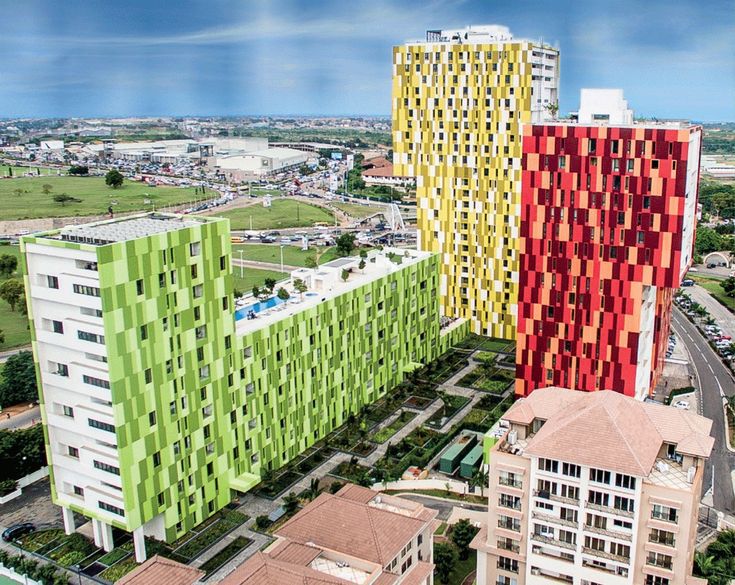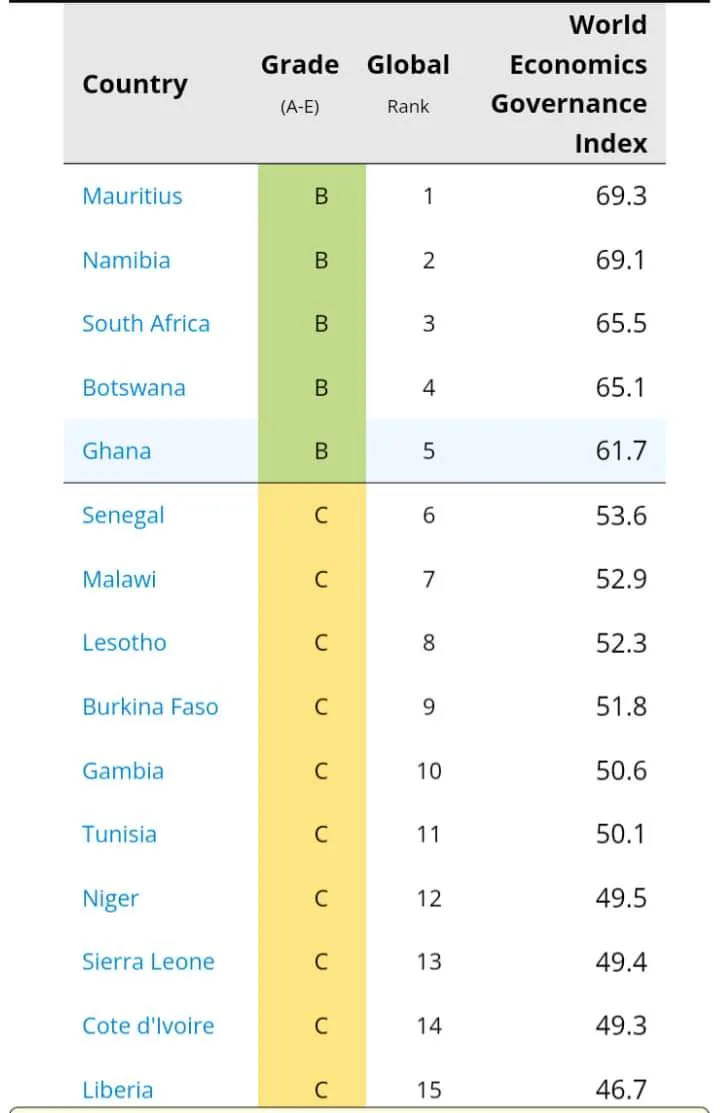
Accra has been ranked as the fifth most expensive city in Africa for rental accommodation, according to Numbeo’s latest report. The city’s rent index of 12.0 also places it 230th globally.
The report highlights how high rental costs can put significant pressure on household finances, often leaving limited funds for other essential expenses such as food, education, healthcare, and transportation. Numbeo also questions the relevance of expensive urban centres, particularly in an era where remote working is becoming increasingly common, reducing the necessity of living in such areas.
While the significance of urban centres in providing better infrastructure and economic opportunities cannot be overlooked, Numbeo emphasises the importance of weighing the cost of living against income levels in these cities.
In contrast, the cities with the most affordable rental costs in Africa include Alexandria and Cairo in Egypt, Tripoli in Libya, Algiers in Algeria, and Tunis in Tunisia, where housing remains significantly more affordable.
Rent in Ghana, particularly in cities like Accra, Tema, and Kumasi, has become increasingly expensive due to factors such as high demand, inflation, and rising construction costs. In Accra, for instance, one-bedroom apartments in popular areas like Osu or East Legon can cost between 1,500 to 4,000 cedis per month, with two-bedroom apartments ranging from 3,000 to 7,000 cedis.
Landlords typically require up to two years’ rent in advance, making housing unaffordable for many, including young professionals, students, and low-income workers. The current minimum wage in Ghana is around 18.15 cedis per day, highlighting the stark disparity between income and rent costs. As a result, many residents are forced to share apartments or move to more affordable, distant areas, enduring longer commutes and limited access to amenities.
This data sheds light on the disparity in living costs across the continent, urging policymakers to address housing affordability challenges in high-cost cities such as Accra.
Read Full Story






















Facebook
Twitter
Pinterest
Instagram
Google+
YouTube
LinkedIn
RSS